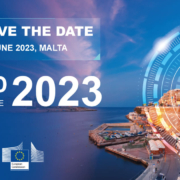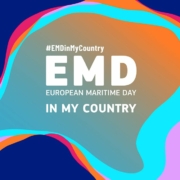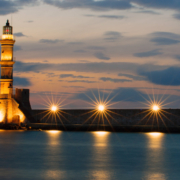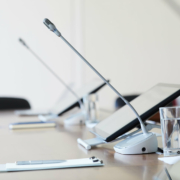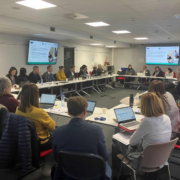New EMFAF Regional flagship projects just kicked off their work!
Source: CINEA website
The EMFAF Regional flagships call, with a budget of EUR 7.6 million, focused on EU sea basins cooperation; in particular the Atlantic, the Black Sea, the Mediterranean, the Baltic Sea Region and the EU Outermost Regions. Ten new projects just kicked off.
Four projects are related to the Mediterranean: Green Marine Med, POWER4MED, CALLMEBLUE and the GreenMED. The first three projects received active assistance from the WestMED Assistance Mechanism in the application process.
GREEN MARINE MED – Mediterranean Green Shipping Network: Linking Ports, Industries, Investment and Innovation for Monitoring and Technology Foresight on Green Shipping in the Mediterranean
GREEN MARINE MED will bring together, engage and mobilise the comprehensive Mediterranean Green Shipping stakeholder community, representing the full value chain including actors from the full vessel community, ports and marinas, fuel and energy, as well as finance, investment, innovation and other stakeholders. The comprehensive Network will create the foundation to enable the most broadly supported and useful Monitoring and Technology Foresight on Mediterranean Green Shipping.
Duration: 24 months – EU contribution: EUR 932 469.91
GreenMED – Green Shipping Pathways Towards a Clean Energy Transition in the Mediterranean
GreenMED is a regionally oriented project aiming to effectively support green shipping efforts in the Mediterranean Sea basin, by promoting plausible scenario-based decarbonisation pathways. The GreenMED’s ambition is to contribute directly and actively to the emission targets established by the EU under the 2030 and 2050 milestones. This goal´s realization relies on the comprehension and integration of innovative technologies, taking into consideration the regional ship energy demands, the fuel supply chains in both shores of the Mediterranean Sea, and the variety of emerging green shipping technologies, leading to the establishment of a decarbonisation hub: the Mediterranean Sustainable Shipping Observatory (MSSO).
Duration : 24 months – EU contribution: EUR 740 868
POWER4MED – local emPOWERment of fuel transition FOR a green MEDiterranean
Transition toward carbon neutrality in maritime transport requires short & medium-term solutions, the former based on transition fuels (LNG), the latter on not yet fully available alternative fuels (green hydrogen, methanol, electricity & wind). Dealing with such complexity is difficult for the operators of smaller ships and POWER4MED has the ambition to support them by developing the POWER4MED Supporting Structure, a “Supporting Team” of multidisciplinary experts and a set of toolkits facilitating the path toward carbon neutrality of the 3 sectors targeted by the project: fishing boats, commercial vessels and marinas.
Duration: 18 months – EU contribution: EUR 638 435
CALLMEBLUE – Cluster ALLiance MEd BLUE
CALLMEBLUE aims to strengthen existing maritime clusters alliances in the Mediterranean area in order to accelerate north-south regional cooperation processes towards the emerging of strategic maritime clusters in North Africa area (south-south cooperation). The project will aim to create a strategic vision and transferable models of interregional cooperation, by implementing concrete actions at both local and regional level in order to raise awareness on the relevance of Maritime clusters as key actors for sustainable blue economy policies such as promoting exchange of best practices and knowledge transfer between north and southern area.
Duration: 24 months – EU contribution: EUR 780 987.86
Read the full article with the other projects on the CINEA website

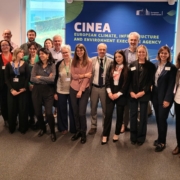
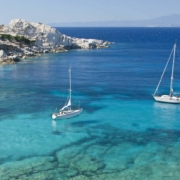 Faabi – Freepik.com
Faabi – Freepik.com 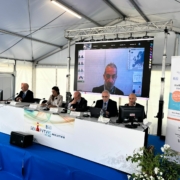
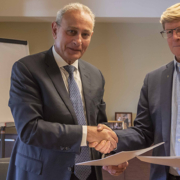 Union for the Mediterranean
Union for the Mediterranean